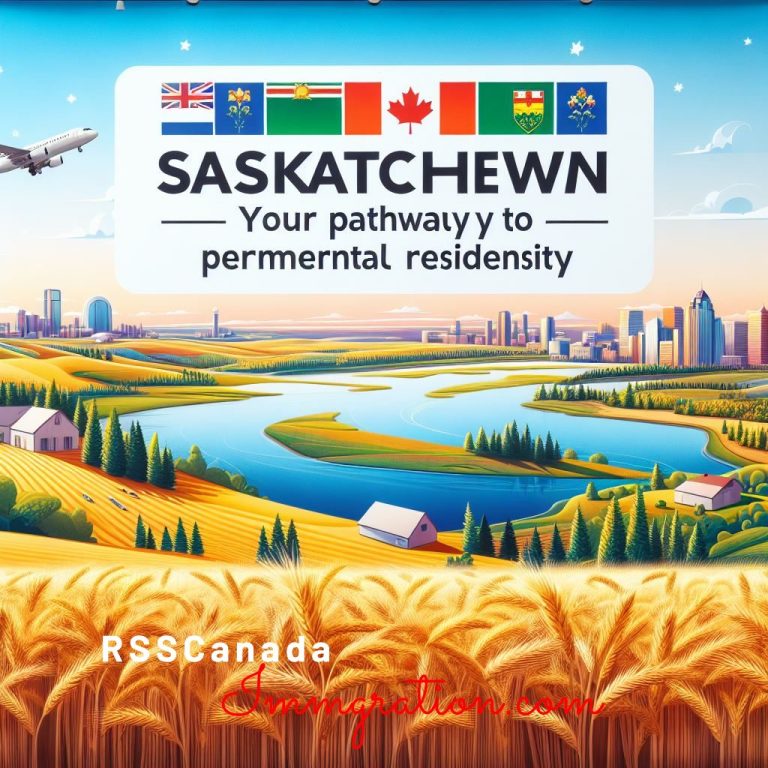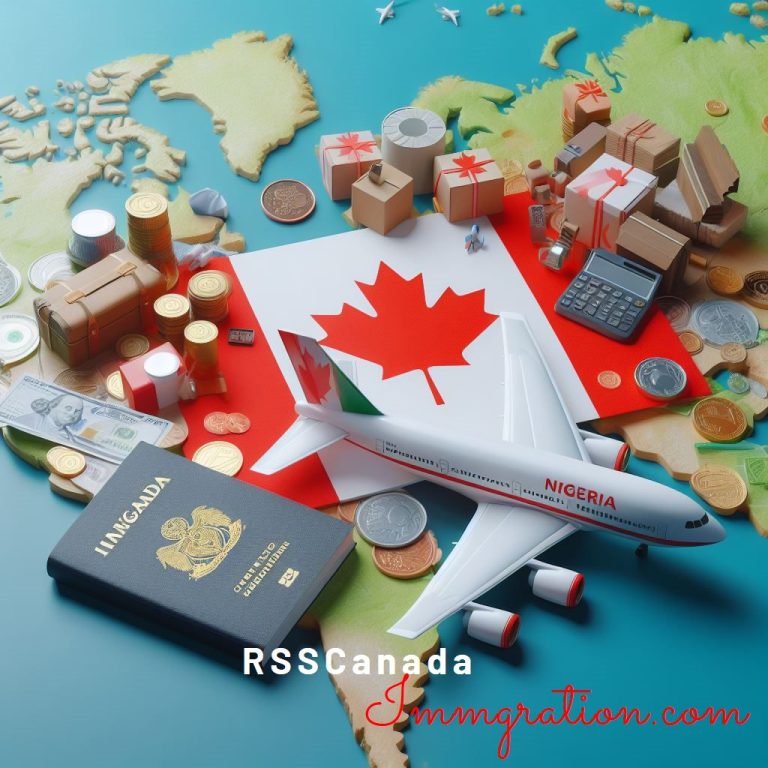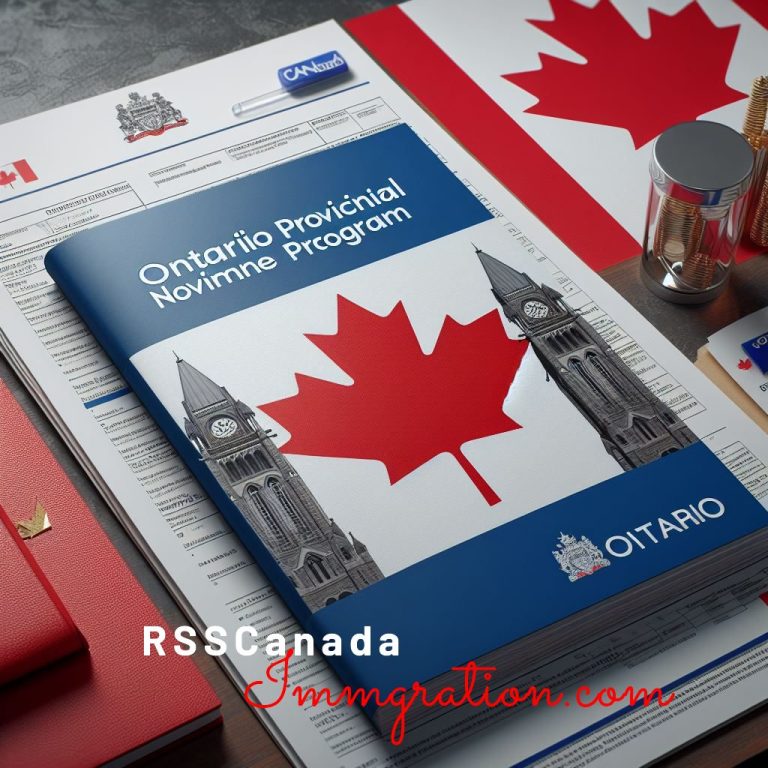Immigrating from India to Canada: A Comprehensive Guide
Canada has surfaced as a preferred destination for Indian citizens seeking to settle abroad. With over 120,000 Indians becoming permanent residents in Canada each year, it now boasts one of the largest Indian diasporas in the world. This article provides a comprehensive guide for those interested in immigrating from India to Canada.
Reasons for Indian immigration to Canada
Indian professionals are drawn to Canada primarily for its diverse economic opportunities. The country offers a thriving job market in various sectors, including information and communication technology (ICT), health, and science and engineering fields. Canada’s reputation as a safe, politically stable nation with a robust economy, advanced healthcare system, and internationally recognized education also makes it an attractive destination for Indian immigrants.
Advantages of immigrating to Canada
There are numerous advantages to choosing Canada as your immigration destination. The country prides itself on its multicultural society, which fosters inclusivity and respect for diversity. Canadian permanent residents enjoy the right to live and work anywhere in the country, as well as access to comprehensive healthcare and social services.
Additionally, Canada’s high standard of living and quality of life make it an ideal place to raise a family and pursue personal and professional growth.
Statistics on Indian immigration to Canada
Over one million individuals of Indian descent have already made Canada their home, and this number continues to grow. The Indian community in Canada is vibrant, contributing significantly to the country’s cultural, social, and economic fabric. With Canada’s continued commitment to increasing its intake of immigrants each year, the Indian diaspora is expected to grow even further.

Indian communities in Canada
Indian communities can be found throughout Canada, with major hubs in cities such as Toronto, Vancouver, Montreal, and Calgary. These communities foster a sense of belonging and provide support networks for newcomers. Indian cultural events, festivals, and religious institutions thrive in Canada, allowing individuals to maintain their cultural heritage while adapting to their new home.

Role of Indians in Canadian politics
Indian immigrants have played a significant role in Canadian politics, with several Indian Canadians holding key positions at both federal and provincial levels. Their representation contributes to a diverse and inclusive political landscape in Canada. Many Indian Canadians have been elected as Members of Parliament and have become influential voices in shaping policies that affect the Indian community and the country at large.
Sikh Community in Canada
The Sikh community in Canada thrives as the largest Sikh population outside of India, boasting nearly 800,000 adherents as of 2021. This makes them 2.1% of the Canadian population and the fourth-largest religious group in the country. Notably, Canada also holds the highest proportion of Sikhs globally.

While dispersed across Canada, they primarily concentrate in Ontario, followed by British Columbia and Alberta. Cities like Brampton, Surrey, Calgary, and Edmonton house over half of the total Sikh population.
Canadian Sikhs are a politically engaged community with high voter turnout and growing representation across all levels of government. From notable figures like Jagmeet Singh leading the NDP to advocacy organizations shaping policy, they actively participate in the political landscape, making their voices heard and shaping Canada’s future.
Pathways for Indian Immigration to Canada
To facilitate the immigration process from India to Canada, several pathways are available. This section explores some of the primary options for Indian nationals looking to immigrate.
Federal Skilled Worker Program (FSWP)
The Federal Skilled Worker Program (FSWP) is an attractive immigration option for overseas Indian candidates. It allows skilled workers with relevant work experience to apply for permanent residence in Canada, even without a prior connection to the country or a job offer.
To be eligible for the FSWP, candidates must meet certain criteria, including:
Having one year of continuous full-time or equivalent paid work experience in a skilled occupation classified under the National Occupational Classification (NOC) categories 0, 1, 2, or 3.

The FSWP is managed under the Express Entry system, a streamlined application system that expedites the immigration process. Candidates create an Express Entry profile, and based on their comprehensive ranking system (CRS) score, the highest-ranking candidates receive invitations to apply for permanent residence. The FSWP category is highly competitive, with candidates vying for limited spots.
Provincial Nominee Program (PNP)
The Provincial Nominee Program (PNP) is another prominent option for Indian immigration candidates. Canada has ten provinces and three territories, each with its own immigration programs designed to meet their specific economic and demographic needs. Provinces and territories can nominate skilled worker candidates who align with their labor market requirements for immigration.
The PNP offers two categories:
Enhanced PNPs
These programs operate in alignment with the Express Entry system, allowing provinces to nominate candidates from the federal pool. Candidates who receive a provincial nomination through Express Entry receive an additional 600 CRS points, significantly boosting their chances of receiving an Invitation to Apply (ITA) for permanent residence.
Base PNPs
These programs function autonomously, without being tied to Express Entry. Candidates can directly apply to the provinces under these programs based on their eligibility criteria.
Indian candidates considering immigration through the PNP should thoroughly research the specific eligibility requirements and program criteria of the province they are interested in. Each province has different streams and criteria, and it is crucial to choose the most suitable one based on individual circumstances and qualifications.
Quebec Skilled Worker Program (QSW)
The province of Quebec has its own skilled worker immigration program, known as the Quebec Skilled Worker Program (QSW). This program is designed for candidates with skilled work experience who can contribute to Quebec’s economy as members of the workforce.
Similar to Express Entry and the FSWP, candidates for the QSW are assessed based on a points system, and successful applicants are invited to apply for permanent residence. Candidates must meet specific requirements, including work experience, education, language proficiency, and adaptability factors.
The QSW provides an excellent opportunity for Indian nationals with French language proficiency, as it places a strong emphasis on language skills. Quebec’s unique cultural heritage, distinct French influence, and robust job market make it an attractive destination for Indian immigrants looking for a unique cultural experience within Canada.
Immigration Options for Indian Nationals
In addition to the primary pathways mentioned above, there are other immigration options available to Indian nationals looking to relocate to Canada.
Study in Canada

Canada has become a popular destination for international students, with a significant number of Indian nationals choosing to pursue their education there. Studying in Canada offers several advantages, including access to high-quality education, opportunities to work during and after studies, and potential pathways to permanent residence.
International students in Canada can gain Canadian work experience through the Post-Graduation Work Permit (PGWP) program. This allows them to work in Canada for a specified period, enhancing their chances of obtaining permanent residency. Many immigration programs in Canada also prioritize candidates with Canadian education and work experience, providing an additional advantage to international graduates.
Family Sponsorship
For Indian immigrants with family members already in Canada, Family Class sponsorship is an option worth exploring. Canada offers various immigration programs that allow Canadian citizens and permanent residents to sponsor their eligible family members to immigrate to Canada.

Family sponsorship programs enable reunification with loved ones, fostering a sense of belonging and support in a new country. It is essential to understand the specific eligibility criteria and sponsorship requirements for each program and consult with an immigration lawyer for personalized guidance.
Work Permits and Intra-Company Transfers
Indian nationals may be eligible for Canadian work permits, especially if they have a job offer from a Canadian employer.
However, certain exceptions, such as intra-company transfers, allow skilled workers employed by multinational corporations to be transferred to their Canadian offices without the need for a specific job offer.
Intra-company transfers provide a relatively straightforward pathway for Indian professionals already employed within multinational companies to gain Canadian work experience. This valuable experience can contribute to their eligibility for other immigration programs or facilitate future permanent residency applications.
Conclusion
Immigrating from India to Canada offers Indian nationals and their families a transformative opportunity for personal and professional growth. Canada’s welcoming and inclusive environment, coupled with its thriving economy and extensive social support systems, make it an attractive destination for those seeking a better quality of life.
Through programs like the Federal Skilled Worker Program, Provincial Nominee Program, and Quebec Skilled Worker Program, Indian professionals can navigate the immigration process effectively. Additionally, options such as studying in Canada, family sponsorship, and work permits provide alternative pathways to achieve permanent residence.
It is crucial to thoroughly research and understand the requirements of each immigration program and consult with experienced immigration professionals to develop a customized immigration strategy. With proper guidance and a clear understanding of the available pathways, Indian immigrants can embark on a successful journey to make Canada their new home.
FAQs
What is the process of immigrating to Canada from India?
To immigrate to Canada from India, you typically need to follow these steps:
Eligibility: Check if you meet the eligibility requirements for one of the Canadian immigration programs.
Select a Program: Choose the most suitable immigration program, such as Express Entry, Provincial Nominee Program (PNP), or family sponsorship.
Submit an Application: Prepare and submit your application along with the required documents.
Receive an Invitation: If selected, you will receive an invitation to apply for permanent residency.
Medical and Security Checks: Undergo medical exams and background checks.
Permanent Residency Approval: If your application is approved, you will receive your permanent residency in Canada.
What are the different immigration programs available for Indians to move to Canada?
There are several immigration programs available for Indians to move to Canada. Some of the popular ones are:
Express Entry: A point-based system that manages the applications for three economic immigration categories: Federal Skilled Worker Program, Federal Skilled Trades Program, and Canadian Experience Class.
Provincial Nominee Program (PNP): Allows provinces and territories to nominate individuals with specific skills and qualifications to settle in Canada.
Family Sponsorship: Canadian citizens or permanent residents can sponsor their eligible family members to immigrate to Canada.
Study Permit: Indians can apply for a study permit to pursue education in Canada. It can serve as a pathway to permanent residency.
What documents are required for immigration to Canada from India?
The documents required for immigration to Canada from India may vary depending on the chosen immigration program. However, generally, you may need the following:
Valid passport: Ensure that your passport is valid for the intended period of stay in Canada.
Educational credentials: Transcripts, diplomas, degrees, or educational evaluations of your Indian qualifications.
Language proficiency test results: For English, IELTS (International English Language Testing System) results are commonly accepted.
Work experience letters: Letters from your past and current employers stating your job title, duties, and duration of employment.
Proof of funds: Provide evidence that you have enough money to support yourself and any dependents during your initial stay in Canada.
Police clearance certificates: Show that you have a clean criminal record.
What is the Express Entry system for immigration to Canada?
Express Entry is a popular system used by the Canadian government to manage applications for immigration programs. It involves three main economic immigration categories: the Federal Skilled Worker Program, the Federal Skilled Trades Program, and the Canadian Experience Class.
Candidates create an online profile and are assigned a Comprehensive Ranking System (CRS) score based on various factors such as age, education, work experience, language proficiency, and more. The highest-ranked candidates are invited to apply for permanent residency through regular draws conducted by Immigration, Refugees and Citizenship Canada (IRCC).
What is the Provincial Nominee Program (PNP)?
The Provincial Nominee Program (PNP) is a program through which provinces and territories in Canada can nominate individuals who have the skills and qualifications needed to settle in a particular region. Each province or territory has its own PNP streams, which are designed to meet their unique labor market needs.
If you are nominated by a province or territory, you will receive an additional CRS score, increasing your chances of getting an invitation to apply for permanent residency through Express Entry.
Can I immigrate to Canada as a skilled worker even if I don’t have a job offer?
Yes, it is possible to immigrate to Canada as a skilled worker even without a job offer. The Express Entry system allows skilled workers to apply for permanent residency based on their qualifications, work experience, language ability, and other factors.
Job offers can provide additional points in the CRS, but they are not mandatory. You can still earn points for your skills, education, language proficiency, and adaptability factors, which can make you eligible for immigration to Canada.
Can I bring my family with me when immigrating to Canada from India?
Yes, you can bring your family members with you when immigrating to Canada from India. The Canadian government allows Canadian citizens and permanent residents to sponsor their eligible family members for permanent residency in Canada.
Spouses, partners, dependent children, parents, and grandparents are among the common relatives who can be sponsored. However, each sponsorship category has its own eligibility requirements that must be met.
What are the benefits of immigrating to Canada from India?
There are several benefits of immigrating to Canada from India, including:
High standard of living: Canada offers a high standard of living with access to quality healthcare, education, and social benefits.
Diverse culture and society: Canada is known for its multiculturalism, and immigrants can experience a diverse and inclusive society.
Career opportunities: Canada provides various career opportunities in a range of industries, attracting skilled professionals from around the world.
Quality education: Canada has renowned educational institutions and offers high-quality education at all levels.
Pathway to citizenship: Permanent residency in Canada can lead to Canadian citizenship, offering additional rights and benefits.
How long does the immigration process to Canada usually take?
The length of the immigration process to Canada can vary depending on the immigration program and individual circumstances. For some programs, such as Express Entry, the processing time can be relatively quicker compared to others.
Typically, the entire process, from application submission to receiving permanent residency, can take anywhere from several months to a few years. It is important to note that processing times can change, so it is advisable to check the official Canadian government websites for the most up-to-date information.
Can I work in Canada while my immigration application is being processed?
If you have a valid work permit or specific authorization, you can work in Canada while your immigration application is being processed. However, it is essential to ensure that you have the necessary work authorization before starting employment in Canada.
It’s important to note that not all immigration programs allow you to work while your application is being processed. Therefore, it is advisable to check the specific requirements and restrictions based on the immigration program you are applying for.






